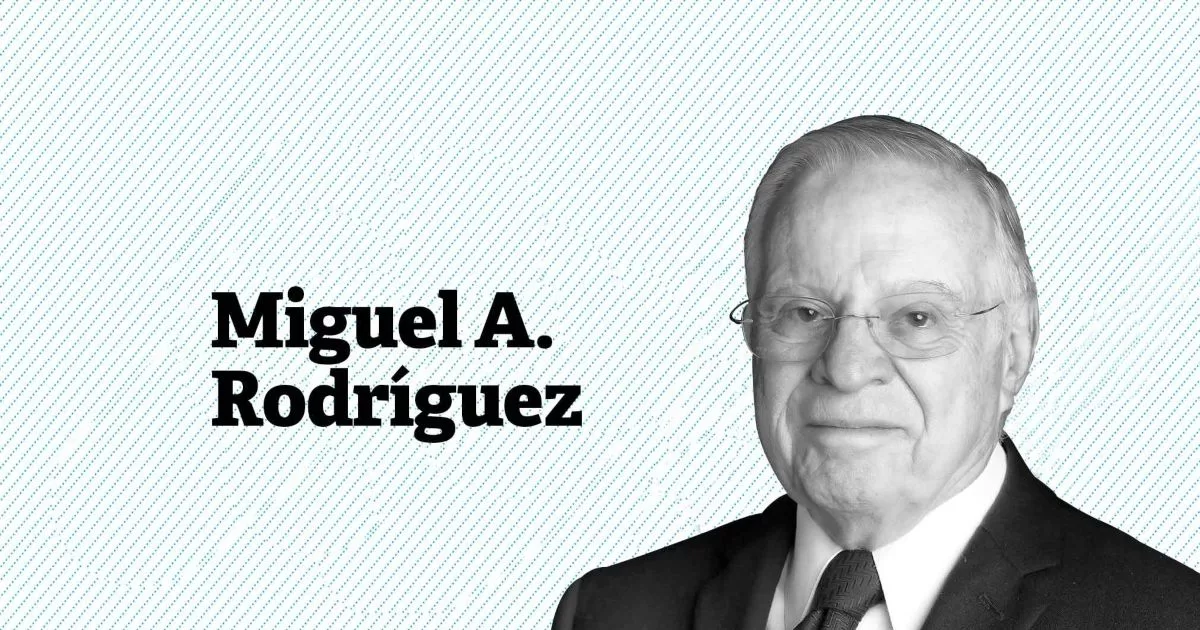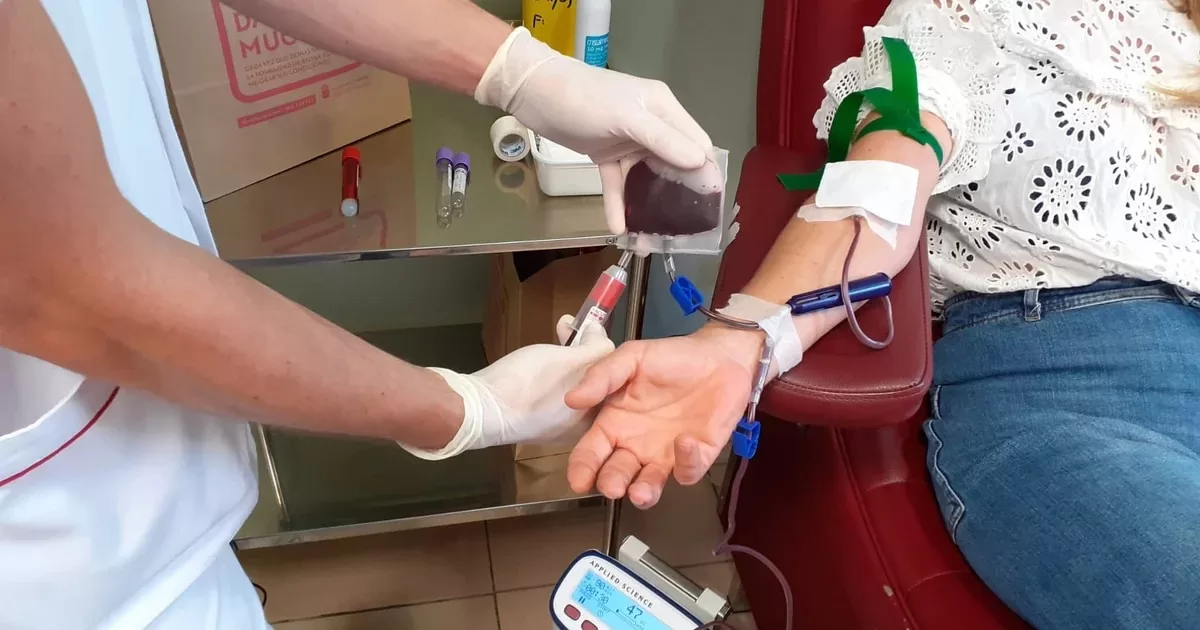He was then unconstitutionally re-elected in 2011 and in 2014 the constitution was changed so that he could be re-elected indefinitely.
For the 2016 elections, international observers were not accepted, and the traditional leader was stripped of the representation of the main opposition party, giving it to a friend of Sandinism. The representation of another small opposition party was also invalidated. Later, the presidential candidacy of the candidate for the National Coalition for Democracy was invalidated, leaving the way clear for an election practically without a challenger. Subsequently, the credentials of the 28 opposition legislators elected in 2011 were annulled and Rosario Murillo, Ortega’s wife, was named candidate for vice presidency.
The Ortega Murillo couple took off their democratic disguise after the 2018 protests that originated from an increase in contributions to the pension system.
The protests were atrociously repressed by the police and government paramilitary organizations. The Inter-American Commission on Human Rights estimates that 355 people were murdered, most of them young people who had gone out in peaceful protest, in the streets of Managua and other cities. The dictatorship imprisoned hundreds of people and even prevented injured protesters from reaching hospitals. Once again, hundreds of thousands of Nicaraguans had to emigrate.
Persecution against the Catholic Church
After those events, the Auxiliary Bishop of Managua, Monsignor Silvio José Báez, was taken by the Vatican from his country to prevent his assassination.
Since then, Ortega and Murillo have on different occasions described priests as “terrorists”, “coup plotters”, “demons in cassocks”. Ortega referred to the Catholic Church as “a dictatorship, the perfect dictatorship, it is a tyranny, the perfect tyranny.”
Since mid-2018, the following events have occurred against the Catholic Church, in chronological order: paramilitaries attack bishops and priests in Carazo; They attack the Church of La Divina Misericordia, in Managua, where two people died; the image of the Blood of Christ, more than 380 years old, burns in the Cathedral of Managua; the government of Ortega and Murillo withdraws the government’s approval from the apostolic nuncio, Waldemar Stanislaw Sommertag, so that he leaves the country; That government expels without any justification 18 Missionaries of Charity nuns, the order founded by Saint Teresa of Calcutta, to Costa Rica; The authorities of Ortega and Murillo prohibit the Managua Cathedral from a procession that had been scheduled with the pilgrim image of the Virgin of Fátima; Uriel Vallejos and Harving Padilla, parish priests of the churches in Sébaco and Masaya, are harassed, attempted to be arrested and cornered; The authorities detain 3 priests: the parish priest of the Church of the Nazarene in Nandaime, Granada; the parish priest of Perpetual Help of Boaco and the parish priest of Espíritu Santo of Malukuku; The police prevent the faithful from accessing the Santa Lucia Parish in Ciudad Darío.
In addition, the Ortega and Murillo government closed 6 Radio stations at the Matagalpa Headquarters: Radio Hermanos, Radio Nuestra Señora de Lourdes, Radio Nuestra Señora de Fátima, Radio Alliens, Radio Monte Carmelo, and Radio San José. TELCOR subsequently took three other Catholic television stations off the air.
The saana against Bishop Ronaldo Álvarez
In the midst of this cruel persecution, the love for his flock and the courage of Monsignor Álvarez are moving.
In August 2022, the Bishop of Matagalpa, Monsignor Rolando Álvarez and his companions were arbitrarily and rudely detained in the Episcopal Curia: the first and second vicar of the Cathedral José Luis Díaz and Sadiel Eugarrios; Óscar Escoto, parish priest of the Santa María de Guadalupe church; Ramiro Tijerino, rector of the Juan Pablo II University; Father Raúl González; the seminarians Darvin Leyva and Melkin Sequeira, and the cameraman Sergio Cárdenas.
In February 2023, 222 people were arbitrarily and without any legitimacy sentenced to prison terms for exercising their basic freedoms, 222 people were arbitrarily removed from their detention sites and sent as expatriates to the United States. Unconstitutionally and violating the most fundamental principles of international human rights law, their citizenship was taken away from them, they were declared traitors to their country and their legitimate property was expropriated.
11 of those expelled and denationalized political prisoners are servants of the Catholic Church: priests Benito Enrique Martinez Gamboa, Sariel Antonio Ugarrios Cano, Ramiro Reynaldo Tijerino Chavez, Oscar Danilo Benavides Dávila (who was the first priest convicted of the same crimes charged against Monsignor Alvarez), Jose Luis Diaz Cruz; the deacon Raul Antonio Vega Gonzalez; the seminarians Melkin Antonio Centeno Sequeira, and Drawin Leiva Mendoza and the laity Sergio Jose Cardenas Flores, Manuel Antonio Obando Cortedano and Wilberto Antonio Mejia.
As the Bishop of Matagalpa refused to abandon his flock, Ortega and Murillo summarily and arbitrarily condemned him to 26 years in prison.
A few months later, in the face of negotiations between the Vatican and the Ortega government, the Bishop of Matagalpa again refused to leave his country, in a new example of his courage in enduring prison to be close to his fellow citizens, giving an example of dignity and sacrifice. , and encourage the fight for democracy and freedom.
The most recent events
In its stubborn attack against the Church, the Ortega-Murillo dictatorship prohibited the operation and seized the assets of two important universities in March 2023: the Juan Pablo II University, with headquarters in Managua, Juigalpa, Granada, Matagalpa, and the Autonomous Christian University. of Nicaragua (UCAN) with headquarters in Chinandega, Estelí, Juigalpa, León, Masaya, Matagalpa.
Shortly after, in August, it closed and seized the assets of one of the most prestigious and recognized universities in Central America, the Universidad Centroamericana UCA, owned by the Jesuit fathers. It was founded in 1960 and is the most beloved university in our neighboring country.
Also last March, Caritas de Nicaragua, the organization of the Catholic Church in that country dedicated to bringing material relief to people in need, was prevented from operating, and Monsignor Marcel Diouf was forced to request refuge in Costa Rica. charge d’affaires ad interim of the Holy See in Nicaragua, thus breaking his relations with the Vatican.
Priest Johnny Guerrero, from the Diocese of León, had to leave Nicaragua with his driver after receiving news that he was going to be arrested.
Last October ,12 priests were expatriated to the Vatican. They are Manuel Salvador Garcia Rodriguez, Jose Leonardo Urbina Rodriguez, Jaime Ivan Montesinos Sauceda, Fernando Israel Zamora Silva, Osman Jose Lover Guillen, Julius Ricardo Norori Jimenez, Cristóbal Reynaldo Gadea Velasquez, Alvaro Jose Toledo Lover, Jose Ivan Centeno Third, Pastor Eugenio Rodriguez Be christmas , Yessner Cyprian Pineda Meneses and Ramon Angle Kings.
Very recently, on December 20 the dictatorship of Ortega and Murillo stopped a day after praying for the Bishop of Matagalpa Monsignor Rolando Álvarez, to another bishop, Monsignor Isidoro Mora, head of the Diocese of Siuna, in the Atlantic Region of Nicaragua , along with two seminar participants, Alester Sáenz and Tony Palacio.
And from that date until January 1, 15 priests have been arrested, two of them, Oscar Escoto and Jader Guido, have been released.
Of the 13 who remain detained, four are monsignors and the majority, eight of them, are from the archdiocese of Managua.
Among these recent arrests are Monsignor Carlos Avilés, vicar general of the Archdiocese of Managua, Monsignor Marcos Díaz Prado, parish priest of Santo Tomás Apóstol church in Puerto de Corinto, Monsignor Silvio Fonseca, parish priest of Santa Faz church. Vicar of Family, Children and Youth of the Archdiocese of Managua, and Monsignor Miguel Mántica, parish priest of the church of St. Francis of Assisi, located in the Bologna Category of the Archdiocese of Managua.
Also priests Pablo Villafranca, parish priest of Our Lord of Veracruz church in Nindirí, Masaya; Héctor Treminio, parish priest of Santo Cristo de Esquipulas church, Managua; Fernando Calero, parish priest of Our Lady of Fatima Rancho Grande, Matagalpa; Mykel Monterrey, parish priest of Our Lady of Candelaria church in the Archdiocese of Managua; Raúl Zamora, parish priest of Jesus of the Divine Mercy church in the Archdiocese of Managua; Gerardo José Rodríguez, parish priest of the Purísima Concepción church, located in the Belmonte Reparto of the Archdiocese of Managua; Jader Hernandez, parish priest of Mother Church of the Divine Shepherd in Nejapa; Ismael Serrano, parish priest of St. Michael the Archangel church in the Archdiocese of Managua; and Jose Gustavo Sandino Ochoa, parish priest of Our Lady of Sorrows church in Santa Maria de Pantasma, Diocese of Jinotega.
In the face of this ruthless and shameless persecution, bishops and episcopal conferences around the world have raised their voices of condemnation. Pope Francis has twice expressed his pain and concern over this persecution in recent days. The Archdiocese of San José asked to pray at Christmas in all the temples for the Church of Nicaragua and for our beloved neighbors.
This stage of increased persecution against the Catholic Church culminated on January 14 with the expatriation to the Vatican of the two imprisoned Bishops, Monsignors Álvarez and Mora, of the fifteen arbitrarily detained priests who, as I have indicated, remained imprisoned and of the two seminarians arrested along with the Bishop of the Diocese of Siuna.
More than a quarter of Nicaragua’s serving bishops and around 10% of its clergy have been expelled from their country. Religious orders have also been prevented from operating and their members have been expelled. Members of the clergy who had left have been prevented from re-entering the country. The operation of 3 Catholic universities has been prohibited, as has Caritas, which is the Catholic Church’s instrument of social action and support for families in need. Could it be the intention of Ortega and Murillo to leave the Catholic people without the help of their pastors and without the support of their Church?
Let us ask God to end this terrible ordeal that our neighbors are experiencing, and that Nicaraguans emerge from it strengthened with faith, hope and love so that they can build respect for the dignity and freedom of all people, democracy and the rule of law.



